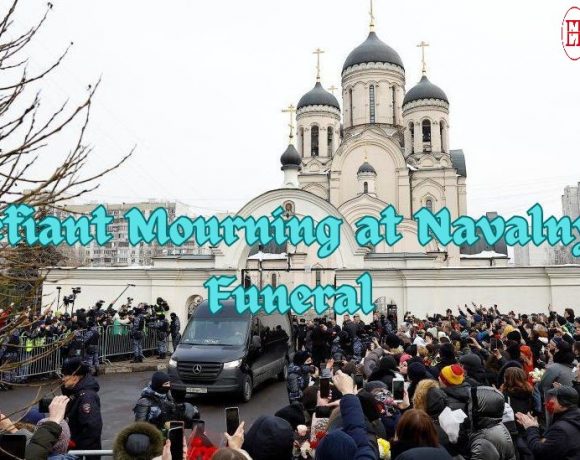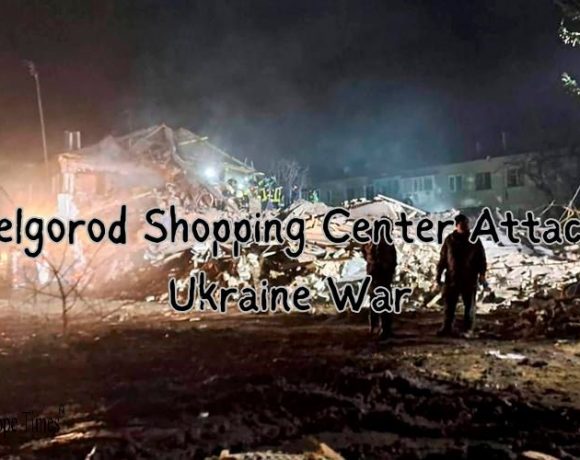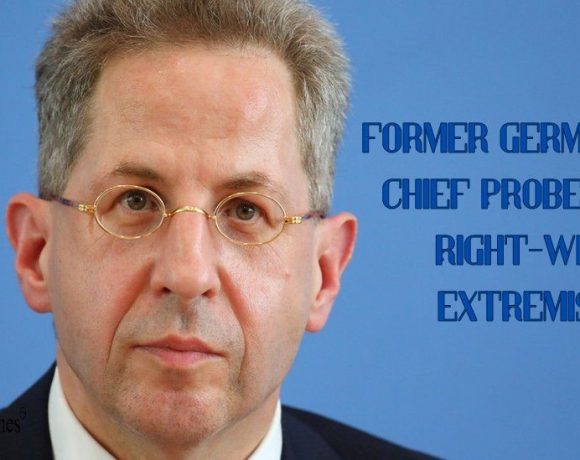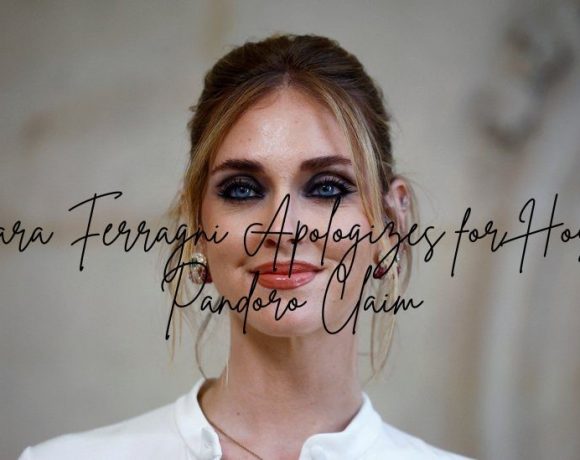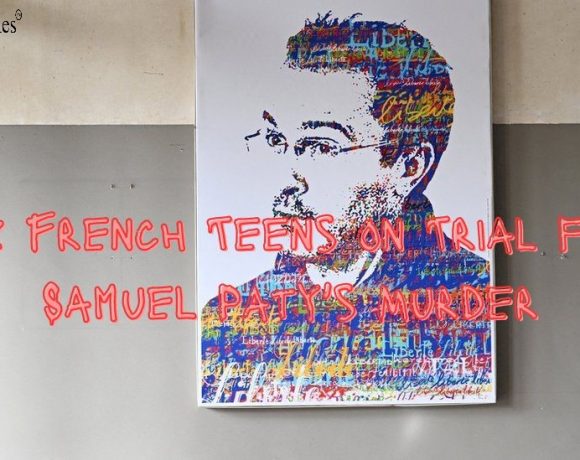
The Duchess of Sussex, Meghan Markle, delivered a poignant keynote address at the SXSW festival in Austin, Texas, where she candidly criticized the toxicity prevalent on social media platforms. Revealing her own experiences of being targeted with bullying and abuse, particularly during her pregnancies with Archie and Lilibet, Meghan highlighted the disturbing lack of humanity in certain online spaces. Despite the challenges she faced, Meghan emphasized the importance of maintaining one’s wellbeing and advocated for a shift towards more positive and empathetic interactions online.
Meghan’s appearance at SXSW underscored her commitment to addressing pressing societal issues, particularly those concerning women’s empowerment and representation. As she shared her insights on diverse representation in media and the portrayal of motherhood, Meghan reiterated the urgency of fostering a more inclusive and compassionate digital landscape. Through her advocacy and speaking engagements, Meghan continues to amplify marginalized voices and advocate for meaningful change on both local and global platforms.
Despite the ongoing scrutiny and criticism that Meghan and Prince Harry face, particularly from tabloid media, their dedication to philanthropy and social activism remains unwavering. Since relocating to California and establishing the Archewell Foundation, the couple has utilized their platform to champion causes close to their hearts, from mental health awareness to environmental conservation. While navigating the complexities of public life, Meghan and Harry continue to prioritize making a positive impact and inspiring others to do the same.
Picture Courtesy: Google/images are subject to copyright

